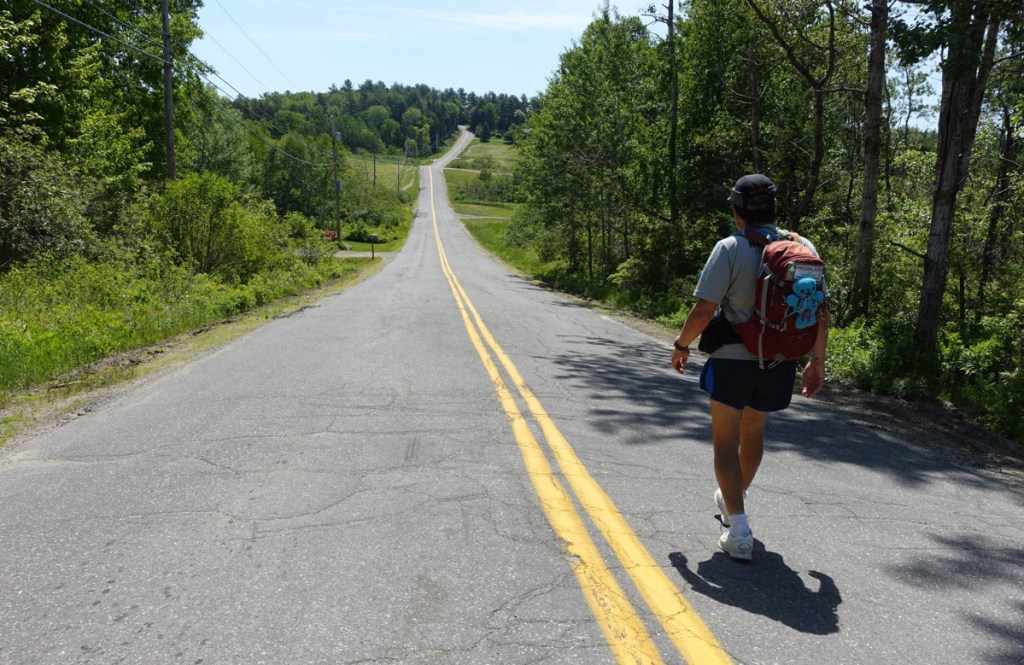Living in Maine without reliable transportation is so impractical that it is nearly impossible. Yet many residents, particularly in rural areas, have no dependable way to get around — and they are largely forgotten when it comes to statewide policy.
With the Department of Transporation formulating its next long-term plan, that must change.
In recent meetings in Aroostook County and central Maine, DOT officials heard again what rural Mainers have been saying for awhile — outside of a few larger cities, you can’t get around without a car, and more Mainers than you think suffer the consequences.
Outside of the cities, public transportation is rare, and where it does exist it is underfunded, underpublicized, and often inadequate for people’s needs, particularly seniors who require door-to-door transportation.
And it’s seniors in particular who are hurt by the lack of transit options. Loneliness and isolation are a great threat to physical and mental health, and to quality of life. Seniors need safe, reliable access to shopping and community events to live a full life, and to stunt the worst effects of aging.
Younger Mainers, too, need those things, of course. And, particularly in rural Maine, they need to be able to take jobs that are a town or two away.
If you can’t drive, or if your family has just one car but two workers, or if your car just breaks down every so often, then in most cases you’re out of luck.
You can’t get to the grocery store, so maybe you shop at a nearby convenience store, where the selection is more expensive and less healthy. You can’t get to work, so maybe you go without a day’s worth of pay, or maybe you lose your job. You can’t take a job 20 miles away, so you just go without, and can never get ahead.
Those situations are not uncommon. The economy in rural Maine hasn’t grown like in the cities, and the population is getting older and more unhealthy. Senior poverty is on the rise. Food, housing, heat and health care take up the bulk of household expenses, and don’t leave much for transportation.
In the absence of any broad statewide plan to answer this problem, local and regional groups have stepped up. The result is a patchwork of services that help seniors and low-income Mainers in some areas but not others, or which bring folks to some places — such as medical appointments — but not others. Sometimes, people who need these services don’t qualify for them.
There are also programs such as Neighbors Driving Neighbors, which offers free rides in some central Maine towns using volunteers.
The programs and services are all helpful and welcome. But they are not enough. Maine needs new ideas, perhaps based on the volunteer or private transportation initiatives that have worked in some regions.
Providing more public transportation will not be easy. Rural Maine, sprawled and sparsely populated, is not a good fit for traditional public transit, nor has there been much willingness to spend tax dollars on it.
That conflict is why the problem persists. But we need to get over it, get creative, and find solutions that work in rural Maine.
Send questions/comments to the editors.



Success. Please wait for the page to reload. If the page does not reload within 5 seconds, please refresh the page.
Enter your email and password to access comments.
Hi, to comment on stories you must . This profile is in addition to your subscription and website login.
Already have a commenting profile? .
Invalid username/password.
Please check your email to confirm and complete your registration.
Only subscribers are eligible to post comments. Please subscribe or login first for digital access. Here’s why.
Use the form below to reset your password. When you've submitted your account email, we will send an email with a reset code.